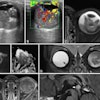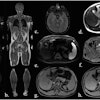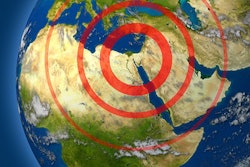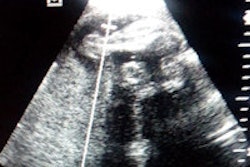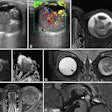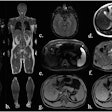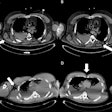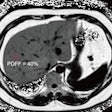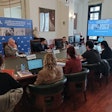Healthcare data trackers are using the messaging service WhatsApp in Syria to monitor and collect information about physical attacks on healthcare workers and facilities, according to a study published online on June 8 in Lancet.
A team led by Dr. Alaa Abou Zeid of the World Health Organization (WHO) found that there were 402 attacks against healthcare workers and facilities in Syria between November 2015 and December 2016. A total of 938 people were harmed, a quarter of whom were health workers. Nearly half of Syrian hospitals in nongovernment-controlled areas were attacked and a third of services were hit more than once, the group wrote.
Members of the WHO's Health Cluster in Gaziantep, Turkey -- which coordinates humanitarian activities in Syria -- piloted the WhatsApp tool. When an incident occurs, a short message is posted to a 293-member WhatsApp group; verified members then complete an anonymous and confidential online form with details about the attack location and type (e.g., aerial bombardment, gunfire, arson), facility type, extent of damage, who was affected, and injuries and deaths, Zeid and colleagues wrote.
Within 24 hours, the team in Turkey issues an update to the WHO and the United Nations, as well as to other key partners. Reports that remain unverified because of insufficient information are also recorded, according to the authors.
"On a daily basis, we have witnessed the efforts that partners do to keep health facilities operational, including dividing facilities, such as operating theatres and postoperative care, among locations to try to reduce the risk that all services are affected, or moving entire services underground," Zeid said in a statement released by the Lancet. "Our challenge now is to convince our colleagues on the ground to continue collecting and verifying data, when they have still not seen a reduction in attacks."
The paper is part of a series assessing the evidence for health interventions in humanitarian crises. The series is being led by researchers from the London School of Hygiene and Tropical Medicine in the U.K.
